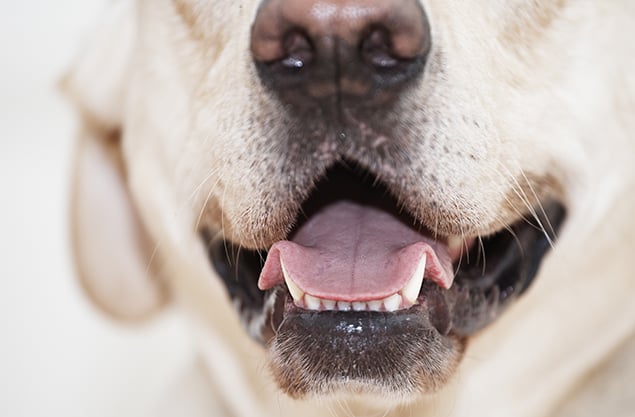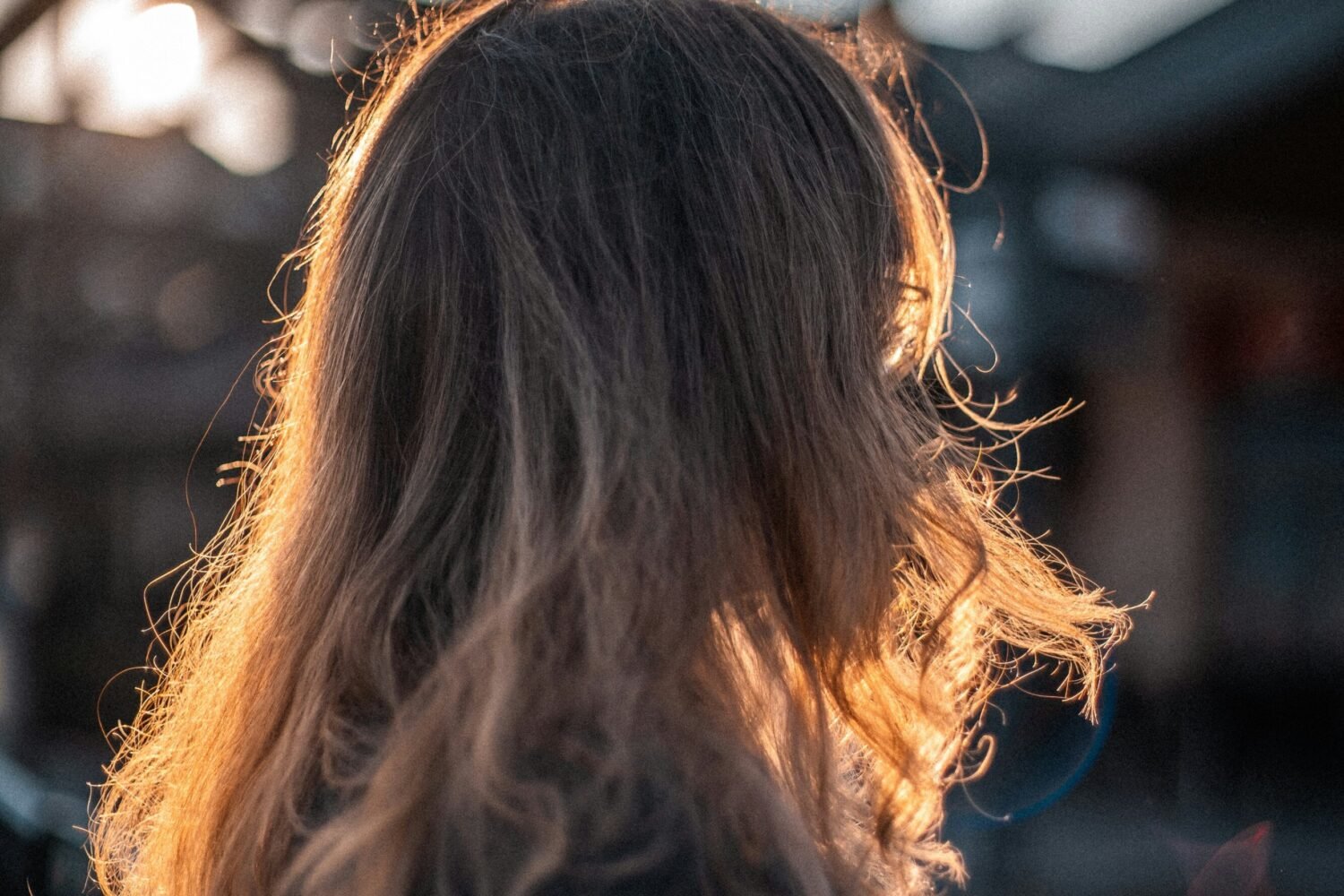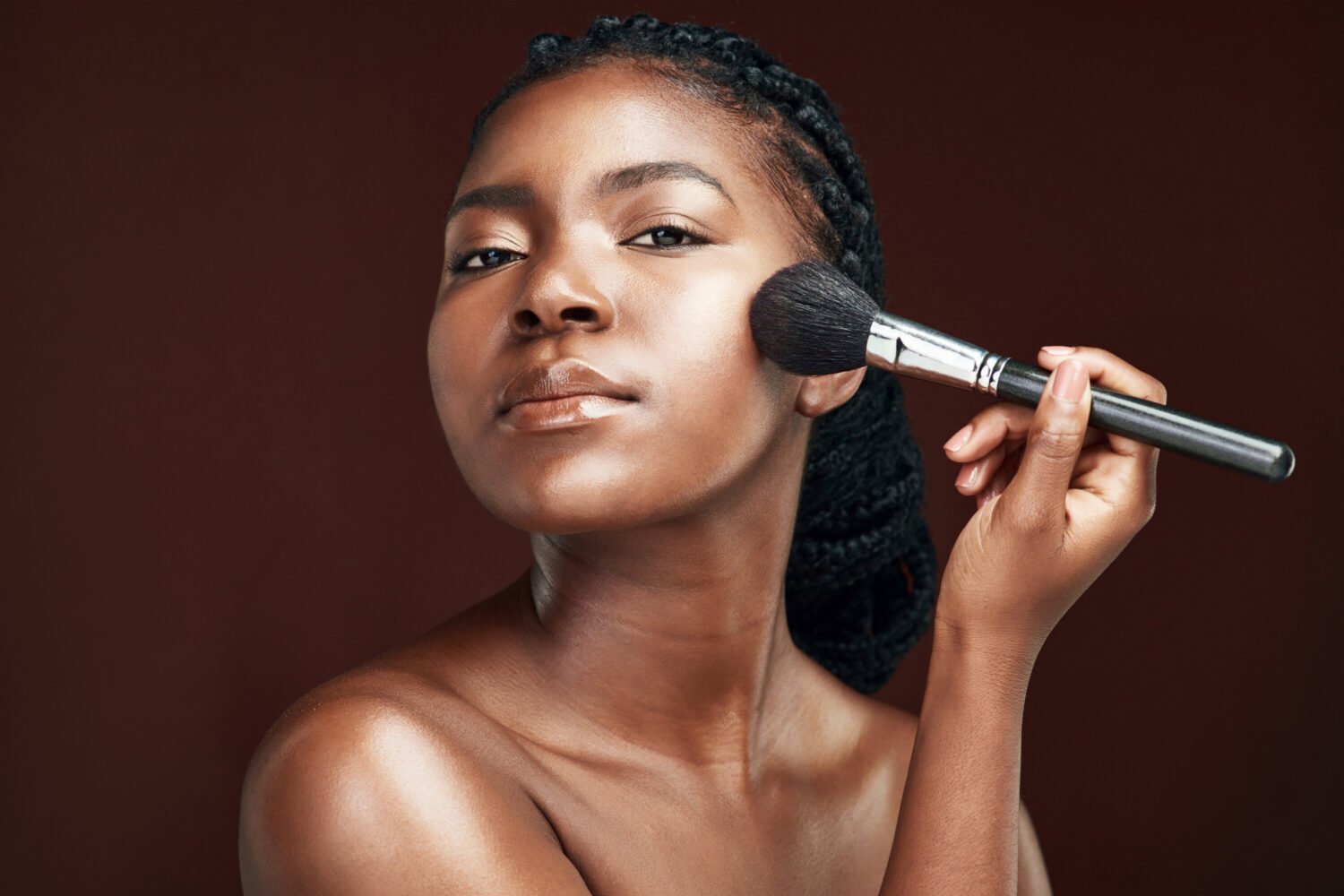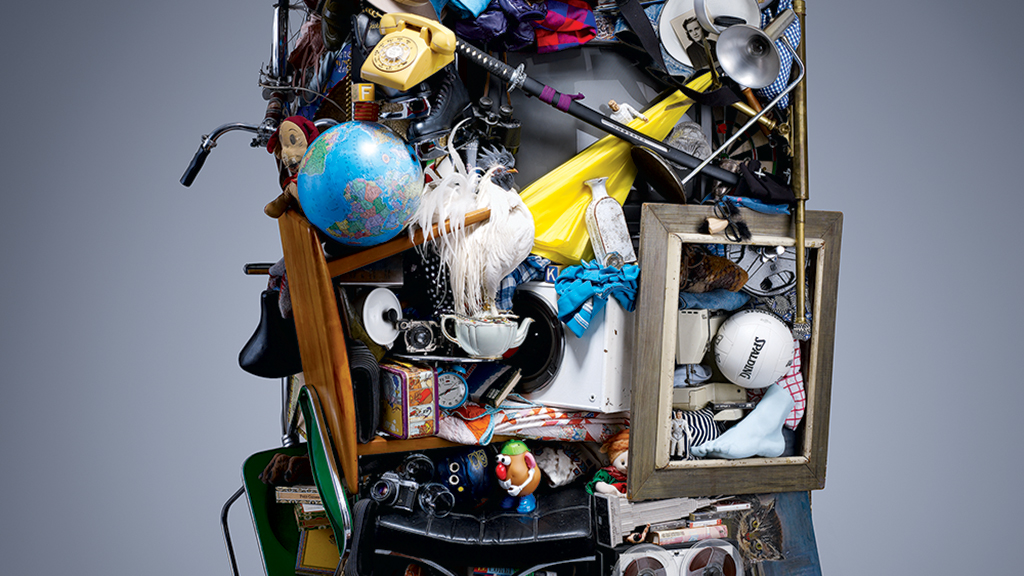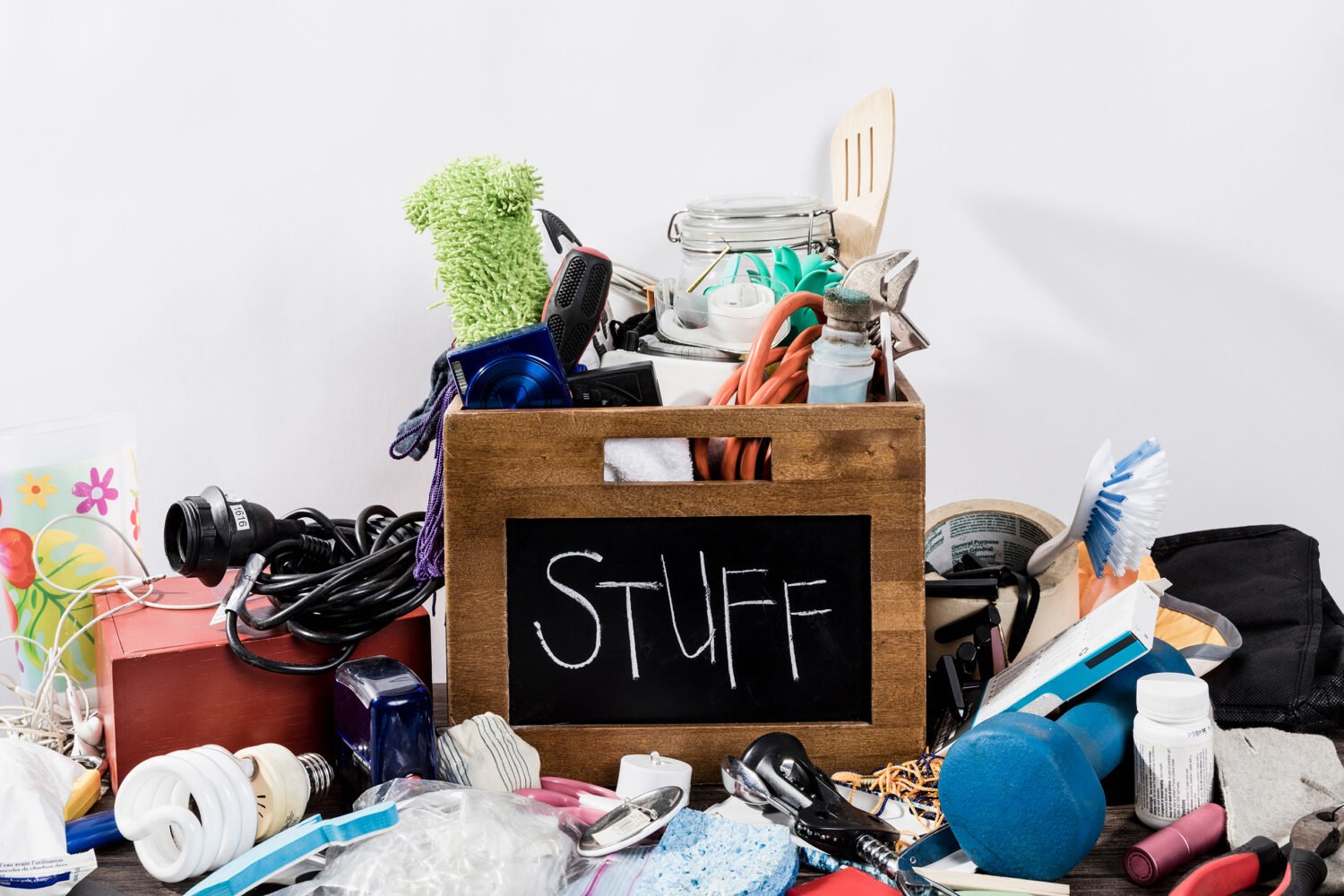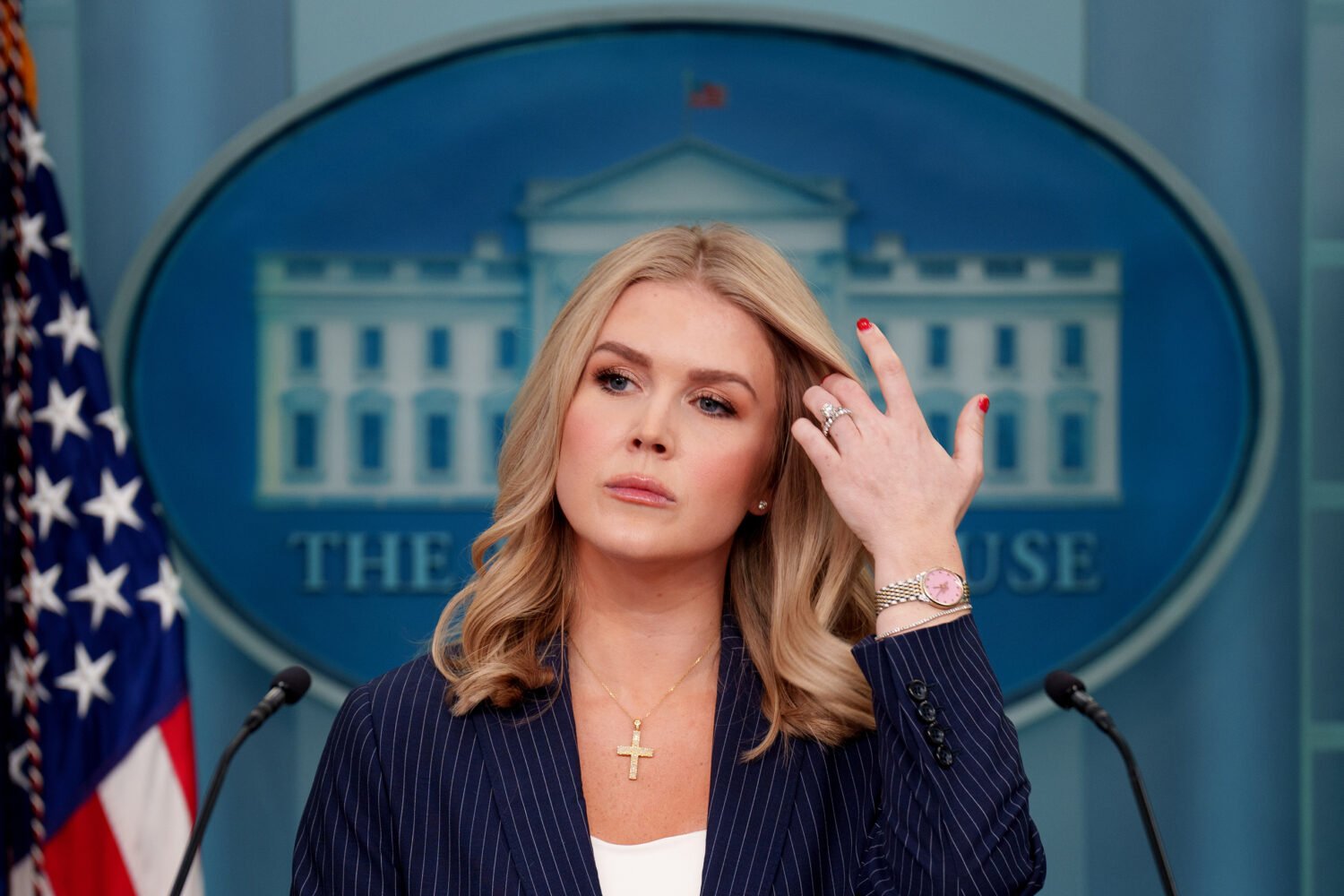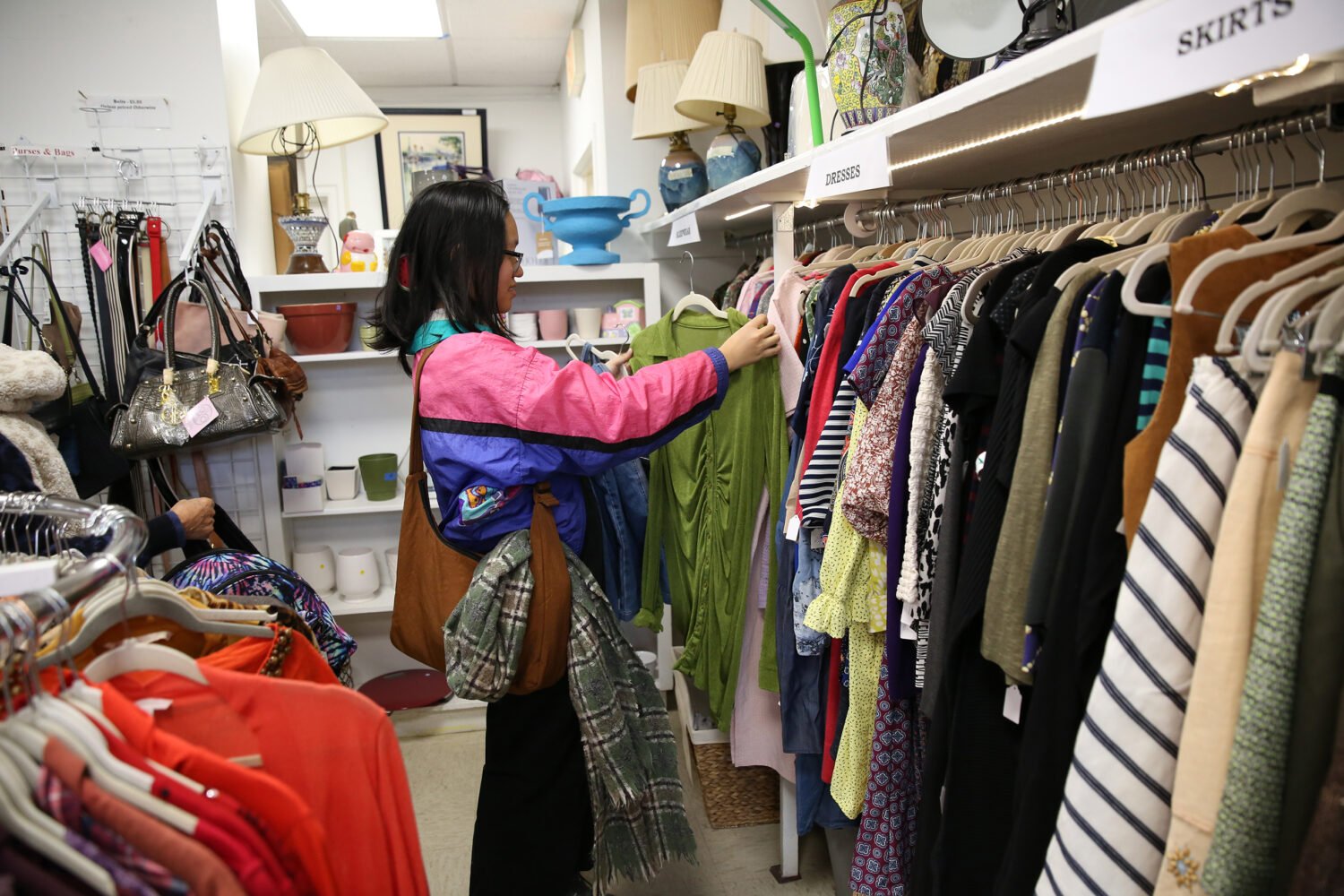February is National Pet Dental Health Month, and to celebrate, Northwest DC’s Friendship Hospital for Animals is offering free pet dental checks during a “yappy hour” on Tuesday, February 3. Before you go, check out these tips from Dr. Ray Phillip, Friendship’s chief of dentistry, about keeping your pet’s teeth in top shape.
How often should dogs and cats come in for a professional cleaning?
At a minimum they should have a professional cleaning, under anesthesia, at least once a year. The first trip should be around about three years old for cats and medium-to-large-breed dogs, and one year old for small breeds and tiny breeds like pugs and Yorkies. Those smaller breeds tend to have more problems due to their teeth often being crooked and crowded.
What can happen if you don’t take care of your pet’s mouth?
The most common problem in dogs and cats is periodontal disease, where bacteria gets up under the gumline and erodes the bone around the roots of the teeth over time. Also, the roots can get abscessed, or the animal can lose the bone around their teeth so badly that the teeth start to get loosened, leading to those teeth needing to be extracted.
Sometimes we also see cracked teeth from dogs chewing on bones. Cats can get resorption of their teeth, where the teeth begin to erode away. Unfortunately, we don’t know what causes it and we don’t know how to prevent it, but it’s something we look closely for. It can become painful and we would need to extract the teeth that it’s happening in. People prevent these things by brushing, flossing, and getting regular cleanings. The same sort of thing happens with our pets.
What is a typical cleaning appointment like?
First, a regular exam occurs. The veterinarian will look at the teeth and grade them to determine how bad they are. Because the animals go under anesthesia, we do require blood work beforehand. Going under anesthesia is really the only way to get a good cleaning and a good evaluation of the teeth.
Once the animal is put under anesthesia, the teeth are cleaned with an ultrasonic scaler, especially up under the gumline. The veterinarian will evaluate each tooth one by one with a probe to make sure no tooth is loose and that there aren’t any other problems under the gumline.
The best practice is to have every tooth X-rayed as well. These are called full-mouth radiographs and are used to look under the gumline and under the teeth. Sometimes the tooth can look absolutely normal, but if you take an X-ray you can see that the root has a major problem.
What can owners do at home to keep their pet’s teeth healthy?
Brushing your pet’s teeth is the optimum thing to do. The enamel and gum tissue age and have the same problems with plaque and tartar as people. Just as your dentist recommends that you brush your teeth daily, so should your pet.
Getting a demonstration from a veterinarian or a technician is the best way to get a handle on how to effectively brush your pet’s teeth. A lot of people make the mistake of trying to pry their pet’s mouth open real far and the pet doesn’t like that. All you have to do is get your finger up under the lip. There is a product that you can put over your finger with some bristles that allows for great control. You can get up to the teeth pretty easily.
Additionally, there are specific dental treats and dental diets that are out there. Even giving your pet those treats once a day can help. Greenies really help keep the tartar to a minimum and there is a specific diet by Hills called T/D. A lot of people use T/D as a treat once or twice a day, but it can be used as a regular diet too.
The Veterinary Oral Health Council or VOHC meets every so often to analyze products that claim to help reduce plaque and tartar. If they think it’s a good product and does what it says it’s supposed to do, they give it their seal of approval. If people want to see what products they’ve approved, they can go to their website.
Friendship Hospital for Animals is located at 4105 Brandywine St., NW. The yappy hour and free dental checks will last from from 5 to 7 on Tuesday. To attend, send an RSVP to toothmonth@friendshiphospital.com.

